Campaign for the Henri-Thaler-Association - SS2021
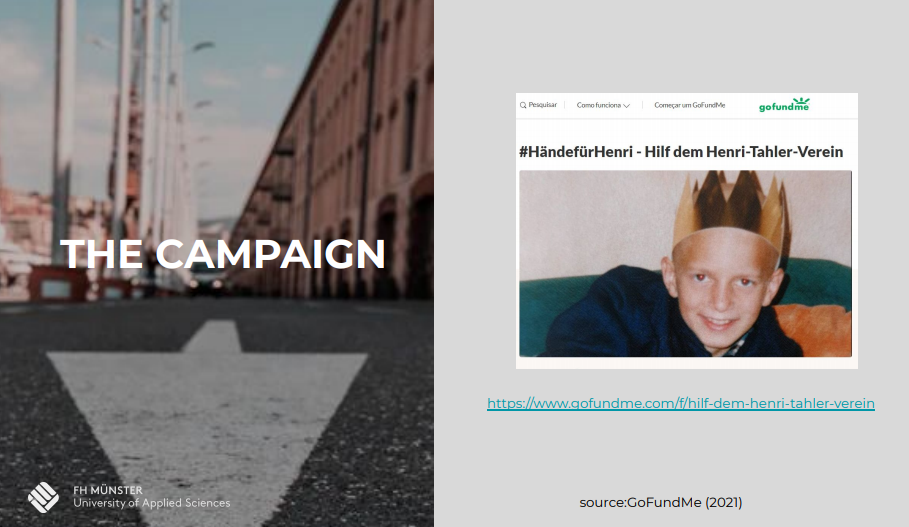
FH Onboarding 4.0 - SS2021
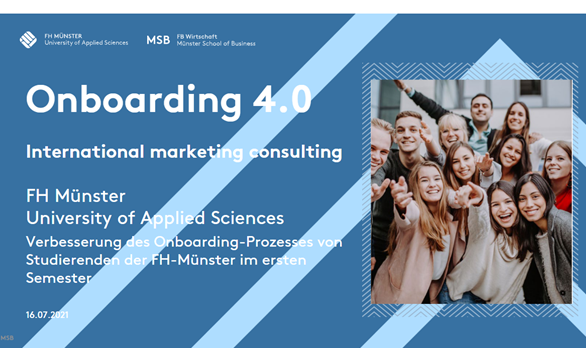
Kinderneurologie-Hilfe Münster e.V - WS2020/21
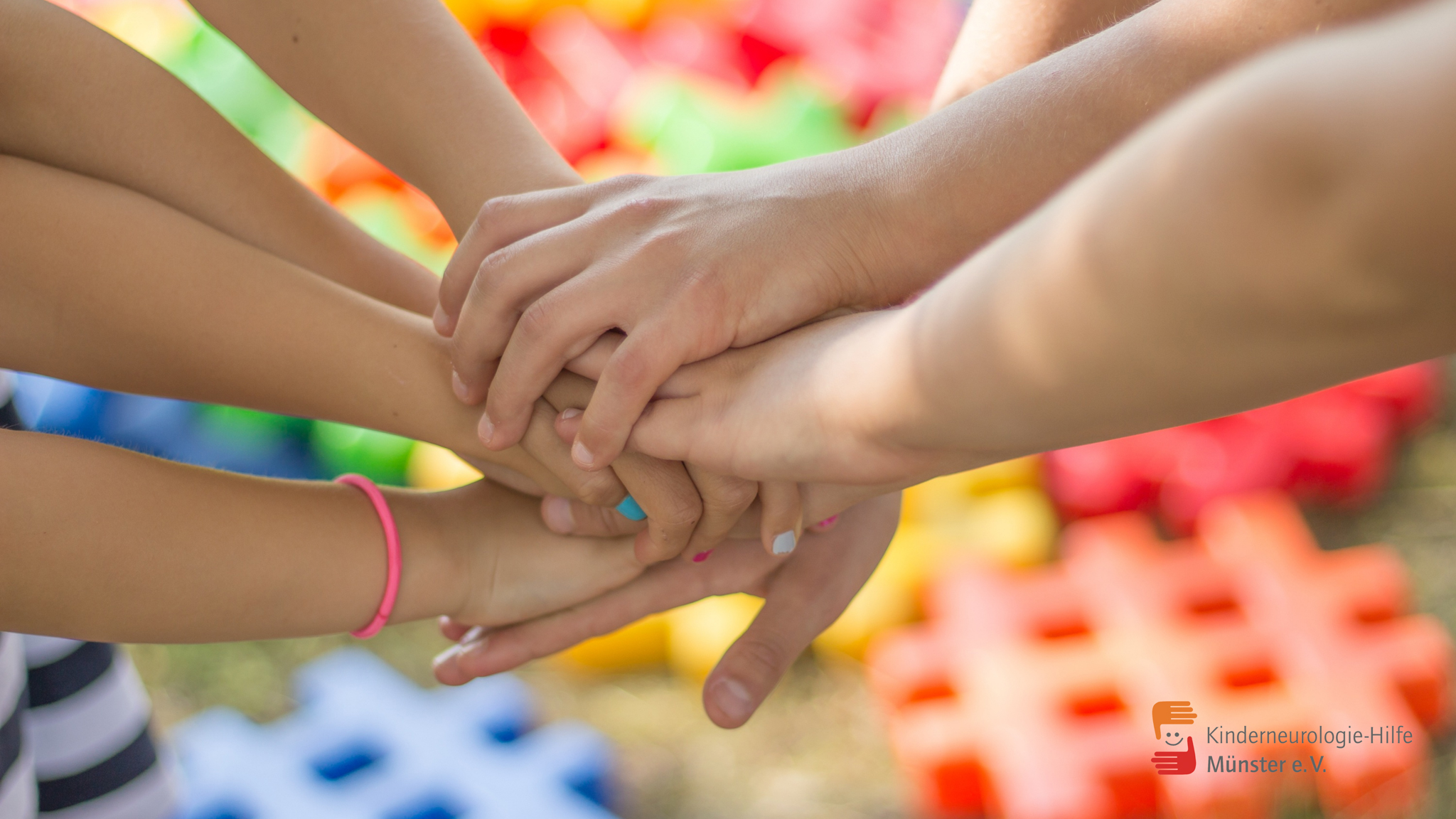
Pelikanhaus - SS2020
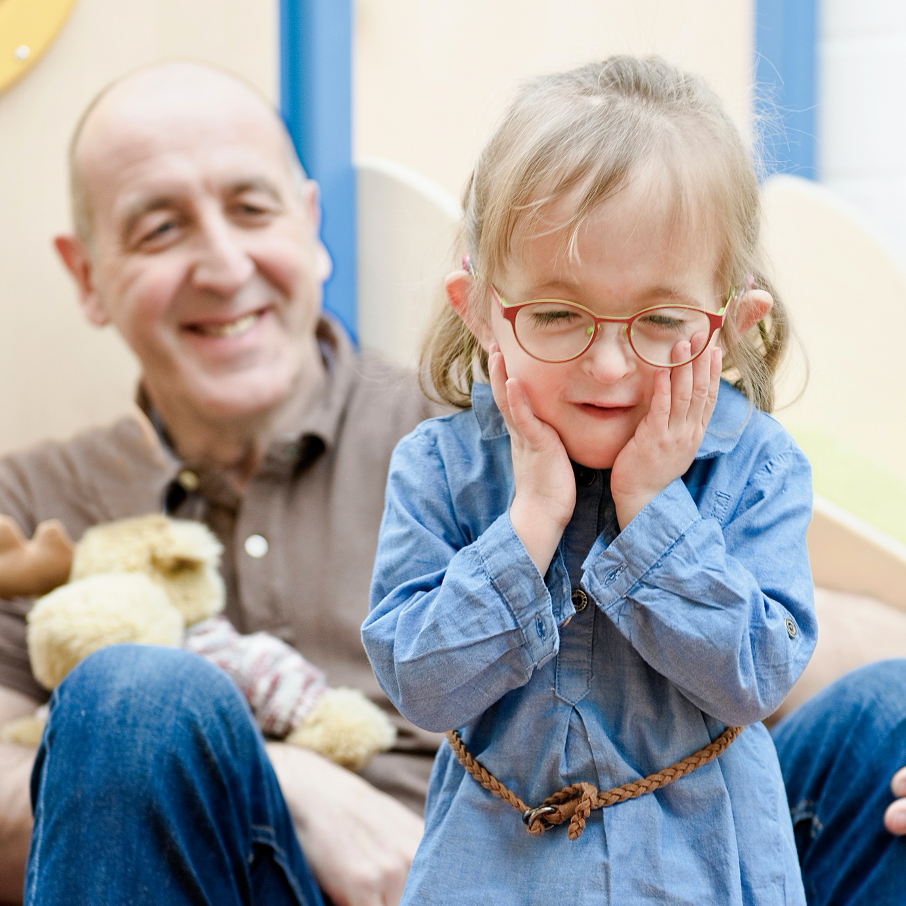
In cooperation with the Alexianer GmbH, students from the marketing department developed a sustainable business plan for the "Pelikanhaus". The "Pelikanhaus" is a project of the Alexianer GmbH and the Clemenshospital, where parents of children, who are especially hospitalized for a long time, are offered a "home".
For this purpose, a new building will be constructed close to the Clemenshospital and will not only used as a place to sleep for the relatives of the sick children but also as a place to meet and interact. Since no plan for the maintenance of the house has been drawn up yet, the students researched business models of similar projects to subsequently developed a sustainable business model especially for the "Pelikanhaus", taking into account the local conditions.
Nudging for Citizen Science - SS2020
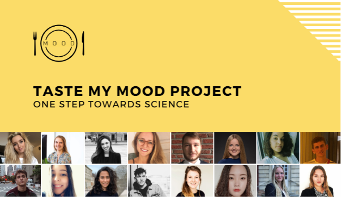
In this student project, 16 students from 9 different nationalities combine forces to design and test nudges for the recruitment of citizens in a citizen science projects in the context of health and well-being. Competences in creativity and research play a significant role in the design of the study, while languages and network skills are applied in the data collection phase. The process of nudging design, as well as the evaluation and results will contribute to the research line's toolbox for the project münster.land.leben. Moreover, the data might also support in PhD trajectories of the PhD candidates from the research centre.
ChangeLab - SS2019
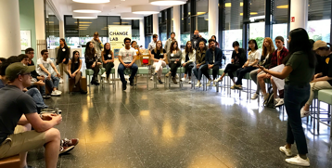
Change Lab is an open forum event based on student-driven interests. It is a shared co-learning platform for academics, external experts and students to spread ideas that create societal impacts and changes via short and powerful discussions.
To achieve its goal, ten international students from the Münster University of Applied Sciences have worked together in a semester project to gather the opinions and preferences from the academics, students and community members in Münster. Based on the result of a marketing study involving 371 local participants in Münster, the students created a tailored marketing strategy for Change Lab, co-designed, prototyped and organised the first Change Lab event with the theme of 'Cultural Diversity'.
Nudging for Academic engagement in science for society projects - SS2019
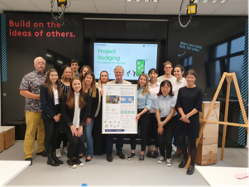
The science-to-business marketing research centre aims to bring science to the people. Logically, within the science-to-society research line, the focus is especially on collaboration between science and society. As this collaboration is not straightforward, various nudges were tested in this project to engage academics in collaboration with society. This global study revealed that nudges are more effective than incentives in getting academics involved in science for society projects. This is good news for HEI mangers, simple, inexpensive nudges e.g. peer nudges or the distribution of lunch vouchers seems to win over academics for this purpose.
Cracow Seminar - WS2018/19
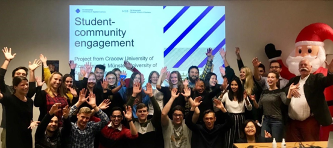
From the 3rd to the 7th of December 2018, 12 students from Uniwersytet Ekonomiczny w Krakowie (UEK) visited MSB to work on a joint project referring to "Student-community engagement." The aim of this seminar is to investigate how students can be involved in (project-based forms of) interactions with society to create societal impact. Project-based forms of interaction, so-called Science-to-Society (S2S) projects, have received recognition due to their ability to develop students' practical knowledge and competencies, in addition to the prevalent theoretical knowledge provision in universities.
The research findings provide evidence that the following competencies and skills are substantially growing in projects: Problem-solving, interpersonal communication, oral communication, decision-making, planning and organising, time management, result orientation, flexibility/adaptability, self-motivation.
Innovation for Society - WS2018
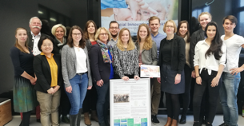
In the student project "Innovation for Society", three master students and eight bachelor students developed a lean canvas business model for the project "fall management with civic engagement" from the Münster School of Health. This project is one of the largest project from FH Münster named münster.land.leben.
The aim of this student project was to generate empirical evidence and insights to support the civic engagement project via a business model approach. The motivational factors, barriers, and expectations of the people at risk of falling to receive support and their neighbours to engage in fall management and offer help were examined. In their research, the students approached citizens from small villages (population density < 150/ km² or < 6,000 inhabitants), who might support their neighbours after a fall. Furthermore, they also searched for people who are at a risk of falling and would accept help. The project managers Prof. Dr. Thomas Baaken, Choiwai Maggie Chak (M.Sc.), Eva Sormani (M.Sc.) guided the students in their investigation. One of the findings is that so called 'support givers' are mainly driven by three factors: getting together with other people, doing something for the common good and having fun.


